Stacy Gregg's latest pony book The Thunderbolt Pony is a children's novel very close to home, both for Cantabrians and for the author. Set in the aftermath of an earthquake in the real life town of Parnassus, near Kaikoura, the story is about 12 year-old Evie and her determination to save her beloved Arabian pony Gus, her loyal border collie Jock and her aptly named cat Moxy.
- Read our interview with Stacy.
Stacy Gregg portrays strong, independent, fearless girls in her books and here Evie bravely overcomes not only the forces of nature but her anxiety disorder, which she has been suffering since her dad became terminally ill. Evie's OCD manifests itself in the belief that she if she doesn't stick to set routines, it will cause bad things to happen, making her the 'bringer of earthquakes.' Evie must embark on both a physical and mental journey, in a race against time to get to a rescue boat.
Stacy Gregg has experienced the effects of anxiety disorder firsthand, with her own daughter developing OCD a couple of years ago, and she brings the specificity of what it can be like into the story. In fact, Stacy manages to intertwine quite a lot into this pacy yet reflective story. There's also Greek mythology in here too with reference to Poseidon, who makes the perfect tie-in as not only the god of the sea but of earthquakes and horses as well.
You don't have to be a horsey person for this story of adventure and animal friendship to appeal. Gregg's style of historical fiction applied here will particularly resonate with many middle-school children in New Zealand and those around Canterbury, the Hurunui and Kaikoura will feel especially immersed in the familiar settings. Overriding everything, however, is Stacy's signature quality storytelling.
Interview with Stacy Gregg
We interviewed Stacy on the release of her latest book - she talks about her research and writing process and about her experiences with anxiety disorder in her family.
Stacy, what types of research did you do for The Thunderbolt Pony?
As well as reading lots around my subjects, I’ve always travelled for my research. My books have taken me to Arabia and Spain, Italy and Russia and now for The Thunderbolt Pony, Kaikoura and the East Coast of the South Island. It was important to me to travel the route that my heroine will take, the 64-kilometre stretch between Parnassus and Kaikoura. I was hoping the earth might move while I was there, but it didn’t. I had to rely on second-hand accounts of what the earthquakes were like because I’ve only ever been in a minor tiny tremor once here in Auckland.
What did you find in your research of the earthquakes that surprised you?
That they are noisy! You don’t think about the sound an earthquake makes, you think about the feeling of the land moving underneath you. But everybody I spoke to talked first about the noise. The boom that comes beforehand and the sound like a train surging beneath you. Like the rumble of the thunder that comes before the lightning - it gave me the title for the book.
Read first-hand accounts of the November 2016 Kaikoura earthquakes in Surviving 7.8 and Aftermath. And for a child's fictionalised point of view, My New Zealand Story Canterbury Earthquake.
Stacy, did you have a real person in mind when you were writing the character of Evie, who has OCD?
Evie’s journey is based very much on my own daughter’s struggles with OCD. When I first had the idea for writing the book I asked Issie what she thought about having a character who suffers from OCD and she was really, really supportive of me writing about it. She felt like it was important to raise awareness of the condition so that kids who are suffering from anxiety disorders realise how common it is and that they aren’t alone. There’s been such an overall increase in anxiety disorders in pre-adolescents, but this is especially true in places like Canterbury and Kaikoura where the kids have been through an earthquake and the ongoing aftershocks. Statistics in a recent study in Christchurch have shown that four out of five kids in the region have some level of PTSD (post-traumatic stress disorder). It’s a very real issue.
What did you find in your research about anxiety disorders like OCD that surprised you?
My daughter gets really cross people say stuff like “Oh I totally need to keep the kitchen clean - cos I’m so OCD!” Because that’s not OCD at all - that’s just liking things to be neat! I remember there was a time when the word “schizophrenic” was misused in the same way. Then the mental health community stepped up and reclaimed it and said “hey it’s not okay to talk about schizophrenia as if it means you have a split personality -it’s actually a real condition that people suffer from.” I think the same thing will happen now with OCD.
There are a lot of mistaken preconceptions about OCD being a ‘clean freak’ condition where you have to wash your hands or keep things perfectly tidy. Yes, it can manifest in that way, but it’s just as likely for you to have OCD and have a super-messy bedroom! For many OCD sufferers it’s about wanting to protect people - or animals - you love and make them safe by adhering to rituals and counting. It’s a bit like superstition on steroids. If you have OCD you are compelled to carry out your rituals and you get really anxious and upset if you can’t do them right as you really do believe you are risking harming everyone that you love. You’re carrying the weight of the world on your shoulders. In The Thunderbolt Pony, Evie is fighting her OCD and trying to get a grip on her actual reality, but she’s got a lot to contend with.
How challenging was it to write about a condition in your family? Was this a helpful process for you, to write about it?
It was tough at times to open the wound and examine it - but it’s better than letting it fester I think. Issie and I are both the same like that, we confront stuff head on and she was very honest with me and trusted me to tell the story. OCD is a rough gig. It can totally dominate someone’s life in a very debilitating way. Issie did a lot of really hard work with her clinical psychologist and that work gave her the tools to overcome it. I’m really proud of how open and brave she was, and I’m really grateful to our psychologist Hilary, for the support he gave her. The character of Willard Fox is very much based on him and he gets a big thank you in the dedication.
What has been the response so far from readers of The Thunderbolt Pony?
I just toured in Australia around schools in Sydney and what amazed me was that the kids there all knew what OCD was and they were very open to talking about anxiety disorders and seemed to really naturally engage with it. I’m just about to begin the South Island tour now - kicking off in Kaikoura - and I admit I am anxious about talking to the kids who have actually experienced the real earthquake. It’s going to be special, going back to the place where the book is set, but it’s also daunting. I hope they like it.
One thing really engaging about your books is the historical fiction aspect, how you use real places, events and real experiences in many of your stories. Why do you choose to write this way?
I think it’s the ex-journalist in me - I love to do solid research and I like to have a true story as a base foundation for my fiction. The Princess and the Foal was the start of that for me - it is the real story of the childhood of Princess Haya of Jordan. Her mother died in a helicopter crash when the Princess was 3 and she became really emotionally withdrawn and shut down after her death. When the princess was 6 her father, King Hussein, gave her an orphan foal to raise and said. “This foal has no mother, just like you. It’s on your shoulders now to be in charge and care for this young life.” This was the turning point for Princess Haya and her whole life story, her incredible success as an Olympic show jumper and as a powerful world influencer, came from that moment. It was so special to me to tell her story and to be given access to the royal palaces and the stables. My love of telling a true story sprang from working on that book.
You often write your historically-based stories from two points of view but in The Thunderbolt Pony we have just Evie's viewpoints, one during the rescue adventure and one reflecting on her journey later (both physical and mental journey). Is this your way of using your 'dual narratives' device in this story?
That is a really good question in terms of discussing structure and the devices an author uses. I have frequently used dual narratives in previous books - dovetailing two girls with perspectives that are historical and modern-day up against each other. For this story though, there is just one voice, it is Evie’s story and hers alone. However, I didn’t want to write it in a linear fashion - I felt like we needed to see her two journeys - the physical and the mental - intertwined. It gives the book a different pace and that’s why we make time leap back and forth. The skill for a writer I think, is to construct a tricky timeline and make it feel like it makes sense and is effortless so that the reader doesn’t notice!
You've said you like to "get rid of the parents in a story" - can you tell us more about that and why?
It’s not just me who likes to get the parents out of the way. Look at Harry Potter. Or Lemony Snicket. Parents are a problem because they like boring stuff like routines and being safe. They are all about healthy meals and bedtimes and they are also on hand to help you when things get rough. If there are no parents you can have big crazy adventures where you must be brave and do everything yourself and there’s no one to stick their oar in and say “hang on a minute this is madness let’s stop and have a proper dinner!” That is why you get rid of the parents - they are too sensible and they ruin your fun and crush the spirit out of the adventure.
You write about strong female characters who are fearless, independent, self-sufficient. Can you tell us more about that?
I’ve always written strong girls as my heroines. Horses make girls powerful. You can’t be a powderpuff. You need to be mentally and physically tough to handle them. And at the same time you need to stay vulnerable and soft, because it’s in those unguarded moments that you create a true bond with a horse. My daughter rides competitively and when we roll up at competitions I’m always impressed at these women turning up driving massive trucks and handling enormous powerful warmbloods. We just don’t think anything of it - we don’t expect men to come and help with any of it. It’s a very feminist sport.
How long did the writing process take for this book?
I write a book a year. I spend about three months researching, three months writing and then another three months with my editor, pushing the manuscript back and forth through various stages beating it into shape. Then the next three months are publicity and touring and preparing to do it all over again. I love every stage of the process, I’m very lucky to do the job that I do.
What's next? What are you working on at the moment?
My next book is called The Fire Stallion and it’s set in Iceland. As usual, I have the whole thing plotted out already - but I’m not giving away any spoilers yet!
What have you recently enjoying reading and what's on you 'to-be-read' pile?
I have just finished Neil Gaiman’s book on Norse Mythology (OK that’s a big clue for the subject matter of my next book). But I won’t be able to read anything for a while now. I am an all-or-nothing reader and I can’t read other authors when I am in writing mode as I’m a terrible mimic. I have to isolate myself for the next few months and then I will binge read when the new book is finally done. On the bedside table until then are Magpie Murders by Anthony Horowitz, The Dry by Jane Harper, and My Absolute Darling by Gabriel Tallent.
Thanks for your time Stacy!
Listen to an excerpt from The Thunderbolt Pony
Thank you to HarperCollins.
The Thunderbolt Pony
by Stacy Gregg
Published by HarperCollins New Zealand
ISBN: 9780008257019


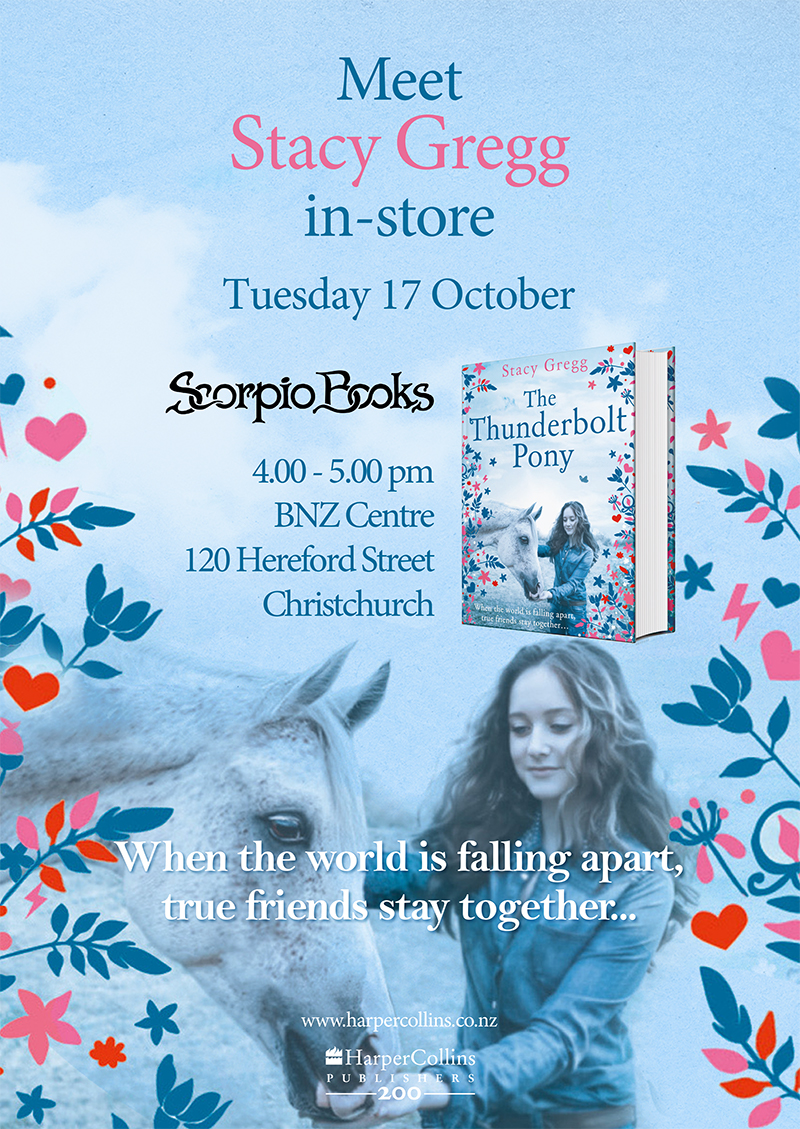
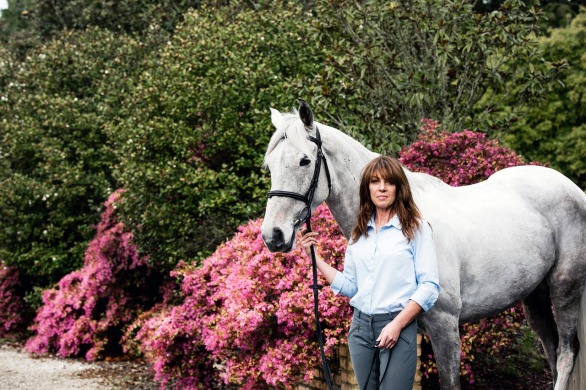
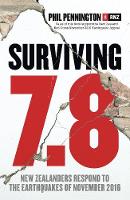
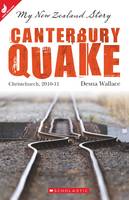
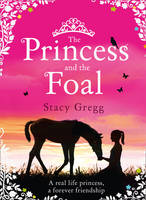
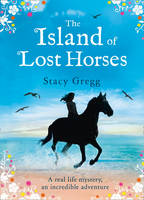
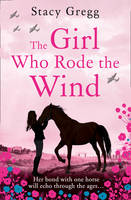
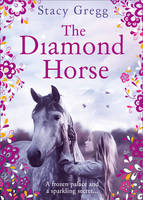
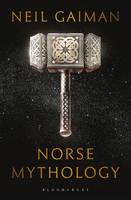
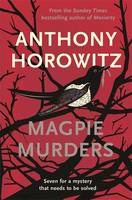
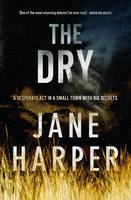
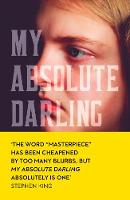
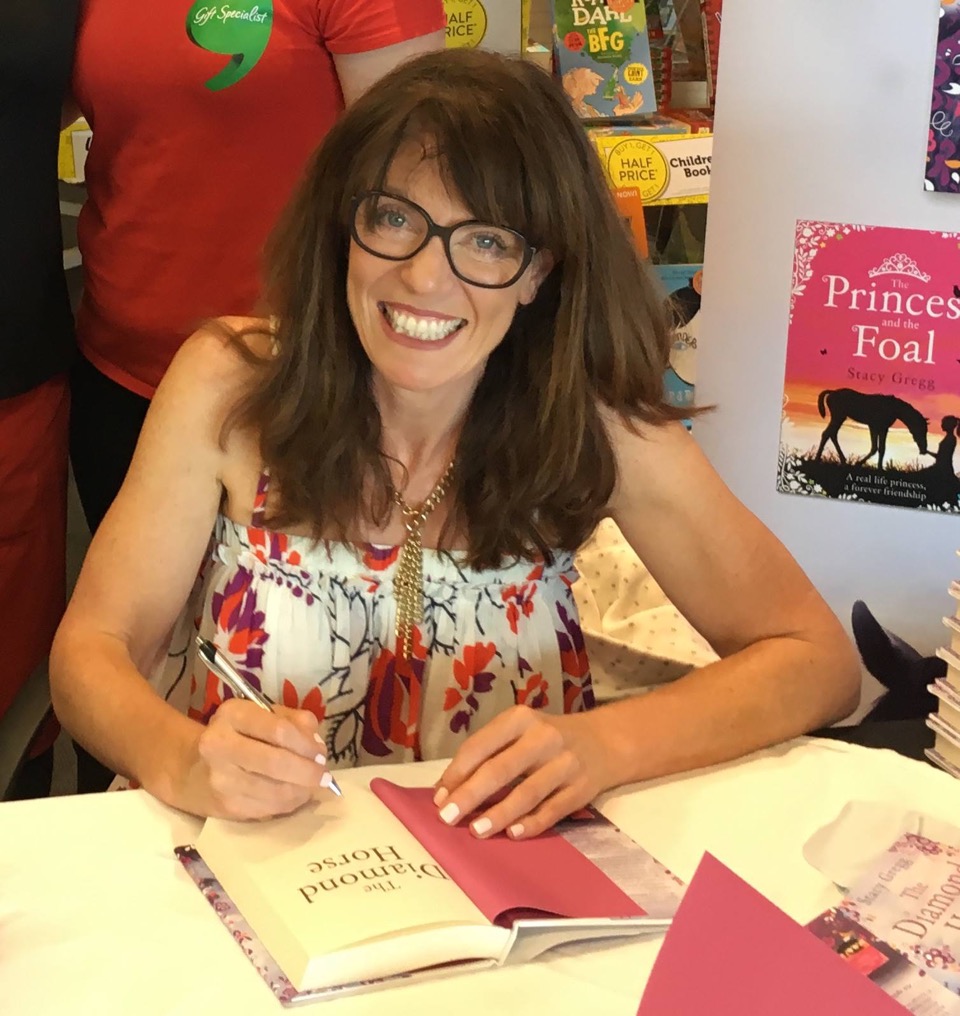

Add a comment to: Stacy Gregg’s latest pony book is close to home: an interview with the author of The Thunderbolt Pony